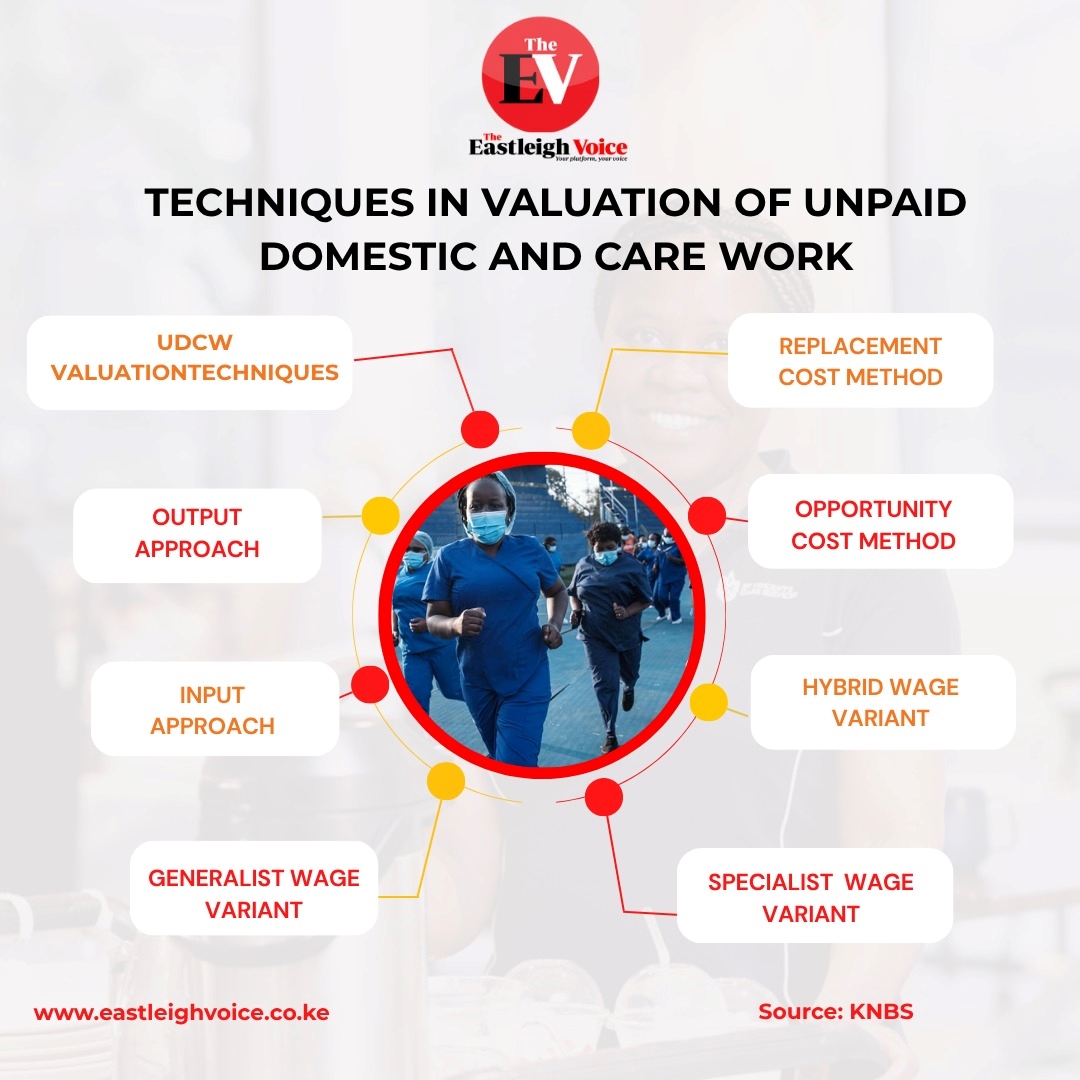How to accurately value unpaid domestic and care work

A hybrid approach combines both methods, applying generalist rates to simple tasks and specialist rates to skilled services, providing a more accurate overall valuation.
Valuing unpaid domestic and care work can be approached in several ways. The output approach measures the value based on the services produced for the household, while the input approach assigns a monetary value according to the time spent, using wages as a benchmark.
The opportunity cost method estimates value based on the income a person could earn in paid employment, whereas the replacement cost method uses the wages of market workers performing similar tasks.
For task-specific valuation, a generalist wage applies to basic household duties like cooking and cleaning, while a specialist wage is used for skilled tasks such as carpentry, electrical work, or tutoring.
A hybrid approach combines both methods, applying generalist rates to simple tasks and specialist rates to skilled services, providing a more accurate overall valuation.
Top Stories Today













































